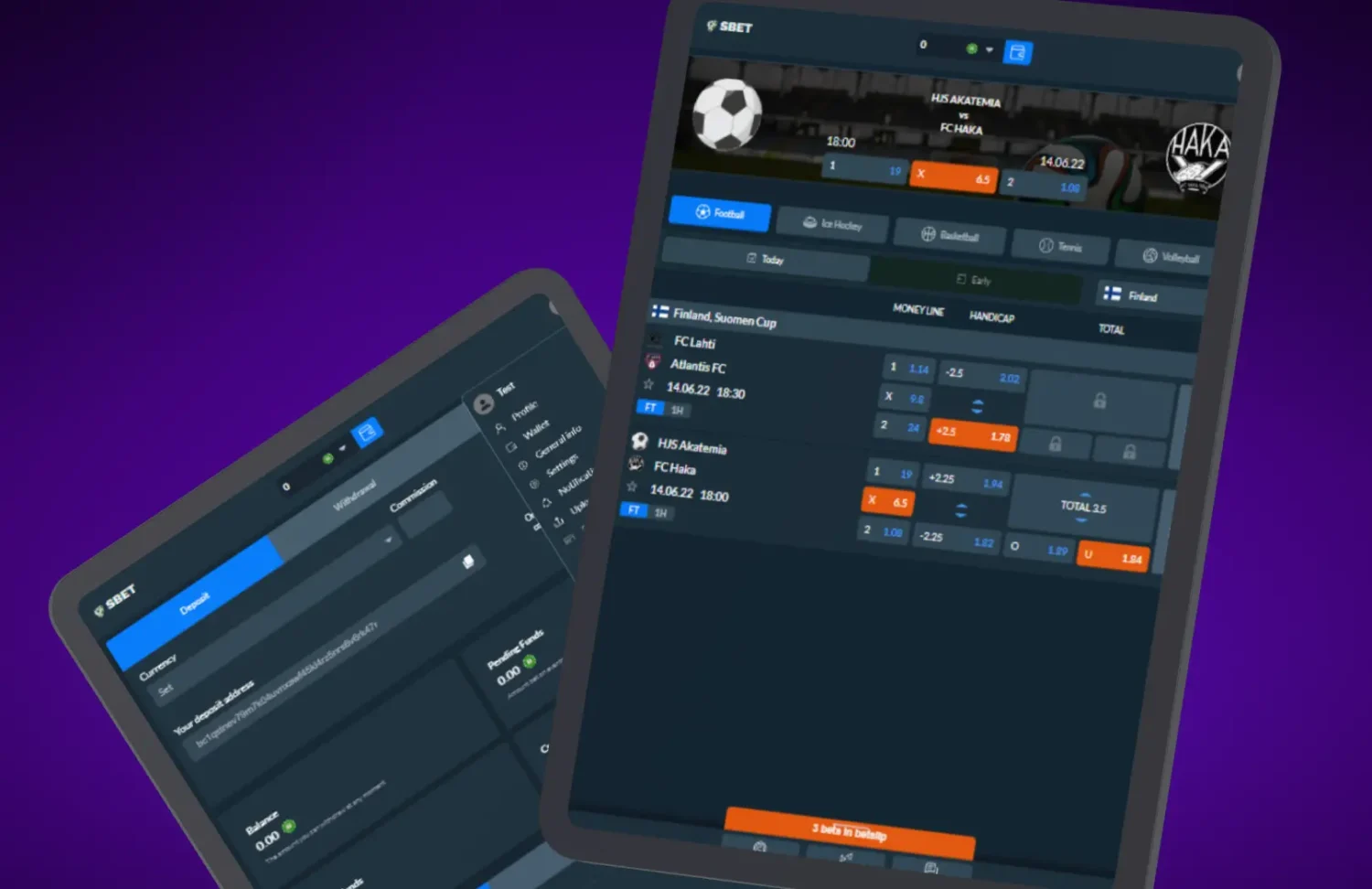For those interested in launching a betting platform, tackling key initial questions can steer the direction of your project and ensure a smooth startup phase.
Rather than viewing challenges as roadblocks, consider them opportunities to create a unique product that stands out in a crowded industry. To position yourself for success, let’s explore what you’ll need to address before moving forward.
Key Points
- Evaluate the target audience and market focus for better reach and engagement.
- Choose the right sports betting API for accurate data and frequent updates.
- Prioritize user interface and experience for ease of use.
- Decide on the business model to align with long-term goals.
- Assess security and regulatory compliance for credibility and trust.
1. Defining Your Audience and Market Focus

Your audience and market focus will shape your betting platform. Consider whether you want to reach a global audience or focus on a particular region.
Specific regions come with unique betting preferences; for example, soccer is highly popular in Europe, while American football dominates in the U.S.
Understanding this aspect lets you build a platform that meets specific user needs, positioning you to make a powerful entrance in your chosen market.
Research competing platforms, and think about what differentiates them. Some prioritize high-frequency updates, while others emphasize extensive league coverage.
Analyze what’s missing in those options and consider how you might fill that gap. Such insights can guide your platform’s development and help carve out a unique place in the market.
2. Selecting the Right Sports Betting API
The backbone of any successful betting platform is an accurate and reliable sports betting API. A strong API like SGO ensures you access the same data as top-tier sportsbooks, offering pre-match and live odds on spreads, over-unders, and money lines.
With 55+ leagues across 25+ sports, SGO provides high-frequency updates, including player props, game props, and future odds, all updated in under a minute.
Beyond just reliability, look at each API’s breadth of league coverage and speed. High-frequency updates matter if you aim for live betting or quick adjustments to odds. For instance, if you envision a platform that emphasizes real-time stats, selecting an API with rapid data refresh rates becomes crucial.
3. Building User Interface and Experience

Creating a user-friendly interface can make all the difference between a one-time visitor and a loyal user on your platform.
- Intuitive Design
- Ensure that the interface feels familiar and is easy to navigate.
- Use clear and consistent icons, buttons, and layouts to reduce confusion.
- Simple Navigation
- Include a straightforward menu structure.
- Make key features like “Home,” “Bet Slip,” and “Account” easy to find.
- Fast Load Times
- Optimize page load speed to keep users engaged.
- Regularly test speed, especially during peak usage times.
- Visually Appealing Layouts
- Use a clean design with a professional color scheme.
- Avoid clutter by placing only essential information on each page.
- Easy Registration Process
- Minimize required fields to make signup quick and hassle-free.
- Offer simple verification steps to avoid delays in account access.
- Seamless Interaction Flow
- Ensure users can easily browse odds and place bets with minimal clicks.
- Provide clear instructions or tooltips if necessary.
- Testing with Users
- Conduct usability tests with a sample of target users.
- Collect feedback on ease of use, clarity, and any pain points they encounter.
- Iterative Improvements
- Address identified usability issues promptly.
- Re-test with users after updates to validate improvements.
- Continuous Feedback Loop
- Encourage ongoing user feedback to catch issues early.
- Regularly review feedback to spot trends or recurring issues.
4. Choosing the Right Business Model
Your business model impacts your profitability and operational approach. Some platforms make revenue through a subscription model, where users pay for access to premium content or exclusive odds. Others rely on ad revenue or a commission-based model, charging users a percentage of each bet.
Consider the model that best aligns with your goals. If you aim to cater to high-stakes bettors, a commission model might work well.
For casual users, a subscription option offering access to advanced insights and historical data could add value without overwhelming the audience with fees. Your model should reflect the kind of users you want to attract and the longevity you envision for the platform.
5. Navigating Security and Compliance
Betting platforms must follow stringent legal standards to ensure safe transactions and user privacy. Research regulations in your target region to ensure full compliance. Many regions require licensing, which may involve specific security protocols like encryption and identity verification.
A robust security framework prevents data breaches and builds user trust. Consider partnering with security experts to implement multi-layered protection for user accounts and financial transactions. Taking security seriously shows users they can trust your platform, a quality that can set you apart in a competitive landscape.
6. Understanding Data and Update Frequency
If live betting is central to your platform, high-frequency updates become essential. Without timely updates, users lose trust in the odds displayed, leading to lower engagement. Opt for an API with a reputation for speed.
For some platforms, covering a wider range of leagues takes priority over update frequency. Determine your focus early to select an API that supports your main goal. Evaluating such specifics now avoids the need for costly adjustments down the line.
7. Highlighting League Coverage
League variety is crucial for a platform that aims to attract users from various regions. If your goal is global reach, select an API covering leagues across different continents. Platforms with extensive league options attract a broader audience, keeping users interested in your platform regardless of their sport preferences.
8. Marketing and Customer Acquisition

Building a unique platform is just the start; creative marketing gives it the traction it needs. Think beyond traditional ads—engage sports communities on social media with interactive content like polls, trivia, or live game predictions.
Run limited-time challenges or giveaways to boost initial engagement, offering users free access to exclusive data for referring friends.
Collaborate with influencers in the sportspace who can share highlights of your platform’s unique features with their followers.
Craft messages that resonate with users by focusing on specific value points, like a feature that lets them view real-time stats or make predictions during games. Tailored, engaging promotions foster loyalty and set your platform apart.
FAQ Section
1. How much does it cost to set up a betting platform?
Costs vary based on features and API choice. Budgeting for development, marketing, and legal compliance is essential.
2. What regions have the strictest betting regulations?
Regions like the EU and certain U.S. states have strict rules. Check local laws to ensure compliance.
3. How often should odds data be updated?
Platforms with live betting benefit from sub-minute updates, ensuring accuracy and user trust.
4. What is the best marketing strategy for a betting platform?
Focus on unique features. Paid ads, social media, and partnerships with sports influencers can be effective.
5. Do I need a license to operate?
Yes, most regions require licensing for legal operation. Research your target region for specific requirements.
Conclusion
Starting a betting platform demands a careful approach, with each decision impacting the platform’s long-term success. From selecting the right API to addressing legal and security needs, each step brings you closer to launching a platform that stands out.
Answering key questions upfront sets a solid foundation for growth, ensuring that you enter the market with a clear direction and a strong product. Position yourself for success, keep user needs at the forefront, and adapt to the ever-evolving betting landscape.









